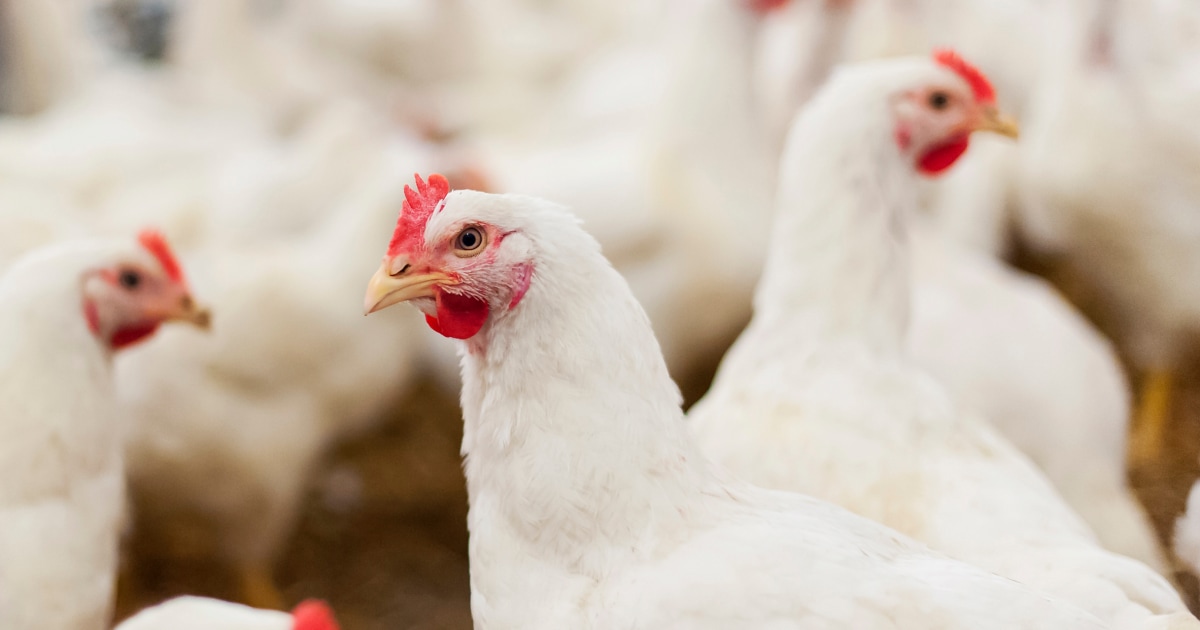An experimental nasal spray flu vaccine being developed by a Madison company , based on UW-Madison research, boosted immunity in older adults who also got a flu shot, compared with those who got only a shot, a study found. Nearly half of people ages 65 to 85 who took FluGen’s nasal spray vaccine, called M2SR, along with a high-dose annual flu shot recommended for seniors, generated high levels of protective antibodies, compared with fewer than a third of those who got only the shot, researchers found. In addition, the antibody levels of those who got both types of vaccines were higher.
The people who took the nasal spray along with the shot also had greater immune responses associated with inhaling a vaccine, including T cells and mucosal immunity, the study found. FluGen scientist Mike Moser works on experimental vaccines in this photo from 2020. The findings mean older adults, who are at greatest risk of flu complications but sometimes get less protection from flu shots than younger people, could benefit from getting both a shot and a nasal spray, researchers said.

“Older adults deserve better alternatives to prevent infection, illness and hospitalization from influenza and finally we believe we have one,” FluGen CEO Paul Radspinner said in a statement . “We hope existing manufacturers agree and will be working with them to find ways to make this a reality for patients sooner rather than later.” The company plans additional studies before seeking government approval, possibly in 2026, which could make the vaccine available for the 2027-28 flu season, Radspinner told the Wisconsin State Journal.
The vaccine is based on research by UW-Madison scientists Yoshihiro Kawaoka and Gabriele Neumann. FluGen, with new study results, seeks money, partners to get flu vaccine approved An available nasal spray flu vaccine, called FluMist, is approved only for people ages 2 to 49 who aren’t pregnant. FluMist and M2SR use live flu viruses that are altered so they can’t cause flu.
The FluGen candidate deletes a flu virus gene, M2 , and adds back its corresponding protein. The approach, while not causing flu, mimics a natural flu infection, Radspinner said. Findings from the study, which involved more than 300 participants in 2022 in five states, not including Wisconsin, were published last month in the journal Lancet Infectious Diseases .
Flu shots, recommended for nearly everyone 6 months and older each September or October, typically are 40% to 60% effective against seasonal flu. They can reduce the severity of illness in vaccinated people who get sick, the Centers for Disease Control and Prevention says. The CDC recommends high-dose shots , with four times as much antigen, for people 65 and older.
Sudden doctor departure at Middleton fertility clinic leaves patients unsettled During the 2023-2024 flu season, the CDC says, more than 44,900 people are estimated to have died from flu complications. In 2019-2020, the last flu season before the COVID-19 pandemic, the CDC says flu vaccination prevented an estimated 7,000 influenza-associated deaths , along with 7 million influenza illnesses, 3 million influenza-associated medical visits and 100,000 influenza-associated hospitalizations. Sign up here to get the latest health & fitness updates in your inbox every week!.



















